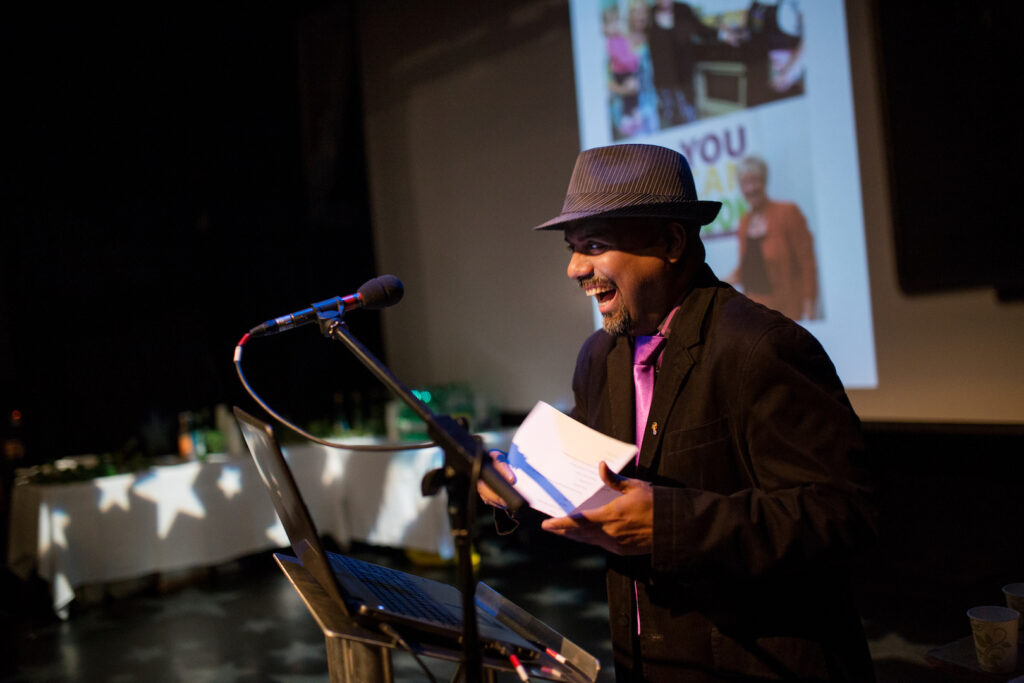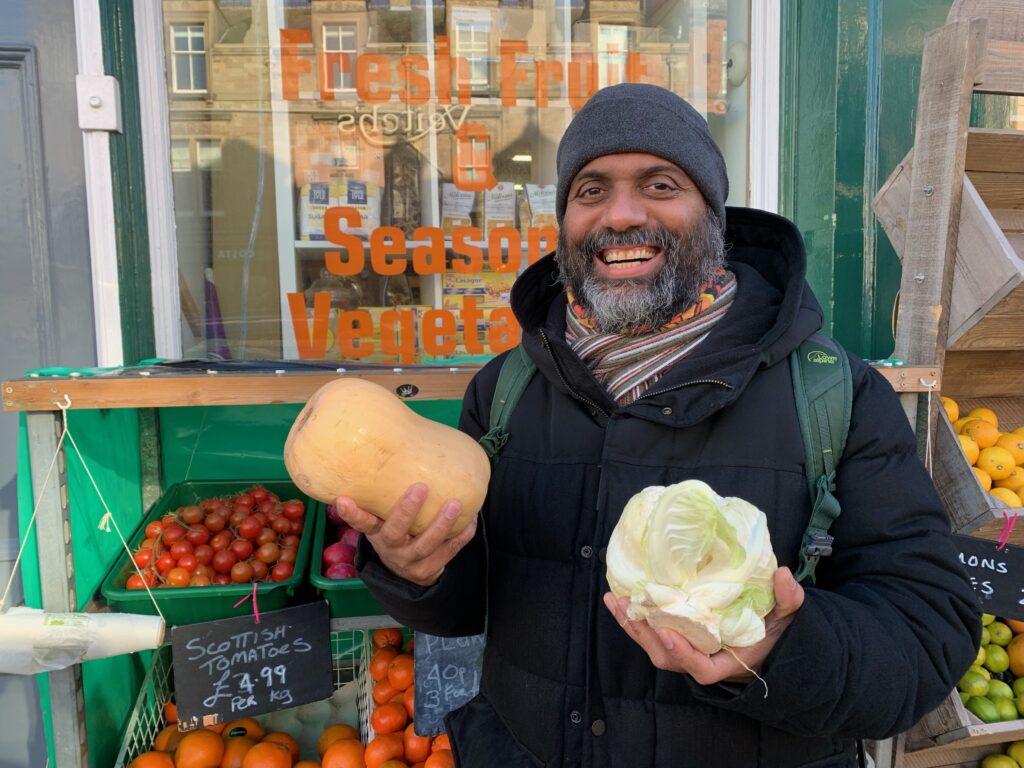
This week Bosco Santimano founder and executive director of social enterprise You Can Cook, shares his thoughts on political parties who have campaigned on green issues for the recent Scottish elections.
By tomorrow we will know what path Scotland has chosen. It’s been a very subdued campaigning for the just concluded Scottish parliament elections. Due to Covid restrictions; debates, hustings and door to door campaigning was limited. A blessing in disguise for many of us who had to put up with cold calling on our door steps. This one year has been difficult for all of us in terms of our physical, mental and financial health. Job losses in millions and the benefit system that was supposed to be a safety net, proven to be wholly inadequate and demeaning for those that wanted to apply for financial support. Food prices going through the roof with many staple foods rising by more than 30 percent, and nearly 3 million food parcels handed out to British citizens in March-April 2021 alone!
This on top of the Brexit related chaos and incompetence by the Westminster government and you can see why the majority of people in Scotland are struggling to put food on the table while accumulating debts to pay their bills. In this backdrop we have a global climate catastrophe enfolding before our eyes and the impact of our inaction since the industrial revolution playing havoc with our children’s and future generations dreams.
Having spent the last few weeks scrutinising the green policies of all political parties, we as an organisation are still waiting for bold economic policies that will not only save the environment but also provide financial security in terms of jobs, skills and a humane benefit system for all, especially young people who are facing a dire and bleak future. This lack of manifesto vision may be due to the 5-year election cycle where the political parties focus on short term policies that give immediate results within the term of the parliament, undermining long term goals and objectives and well-being as a society. All the major parties are offering some form of policy to fight climate change but none going far enough.
We have to be thankful in Scotland that since the SNP came to power in 2007, they have been kept in check by the Greens who have supported a minority SNP government in two out of three election victories by supporting them in exchange for a push towards a greener Scotland. Having been involved at various policy level meetings and committees as a grass-root organisation within the framework of the Scottish parliament we have seen significant changes that are now beginning to bear influence and traction among the electorate and the wider economy.
Clean air, good nutritious food, healthy work-life balance and overall good mental health should be the focus going forward as a nation. Here is hoping that whoever wins this election will work towards attaining our climate and environmental goals and keep Scotland green.
*Originally written & published in the Peeblesshire News.

